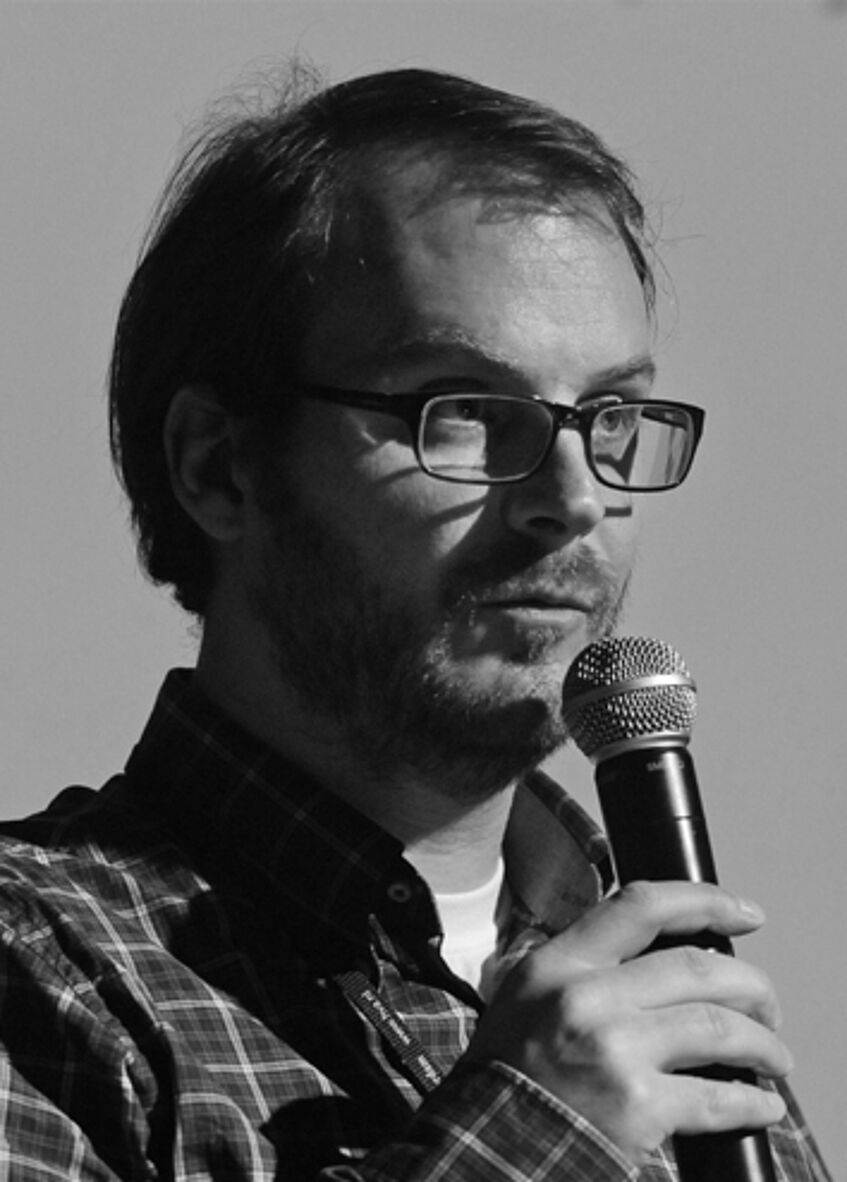Internet for remote First Nation communities in Northwestern Ontario
University of Vienna, Austria
In 1994, the Keewaytinook Okimakanak Kuhkenah Network (KO-KNET) began to develop and provide internet infrastructures and services for the remote First Nation communities in Northwestern Ontario, Canada. Public and private institutions have been reluctant to invest in this “high cost serving area” with no year-round road access, where residents have to travel by plane for medical treatment or to meet with relatives and where people have to move to southern towns to continue their high school education or to find work. In close cooperation with the region's Ojibwe, Oji-Cree, and Cree First Nation communities, KO-KNET has built local broadband internet infrastructures to provide services such as cell phone communication, e-health, online learning, videoconferencing, and personal website hosting. Overall aim of this initiative has been to give people a choice to stay in their remote home communities.
From an anthropological perspective, this paper discusses historical and socio-cultural aspects of KO-KNET's development into one of the world's leading indigenous owned and controlled internet organizations. Building on ethnographic fieldwork, it emphasizes a socio-technical understanding of infrastructure which includes the social relationships people and organizations establish and maintain while creating technical connections and networks. In addition, the paper argues that to understand the meaning and consequences of global technologies, such as the internet, it is necessary to consider the local and culturally distinct processes and practices of technology appropriation. Contributing thus to the analysis of the role of digital technologies and infrastructures in remote communities.

Philipp Budka is lecturer at the Department of Social and Cultural Anthropology of the University of Vienna and in the M.A. Program "Visual and Media Anthropology" at the Free University Berlin, teaching particularly in the fields of media, digital, and visual anthropology. For his dissertation project, he did ethnographic fieldwork in Northwestern Ontario, working with the First Nations internet organization KO-KNET to investigate internet-related processes and practices. Philipp is currently working on two edited volumes: "Theorising Media and Conflict" (with J. Postill and B. Bräuchler, Berghahn Books) and "Mediatisierung – Ritualisierung – Performativität" ("Mediatization – Ritualization – Performativity", with M. Luger and F. Graf, Vienna University Press).
